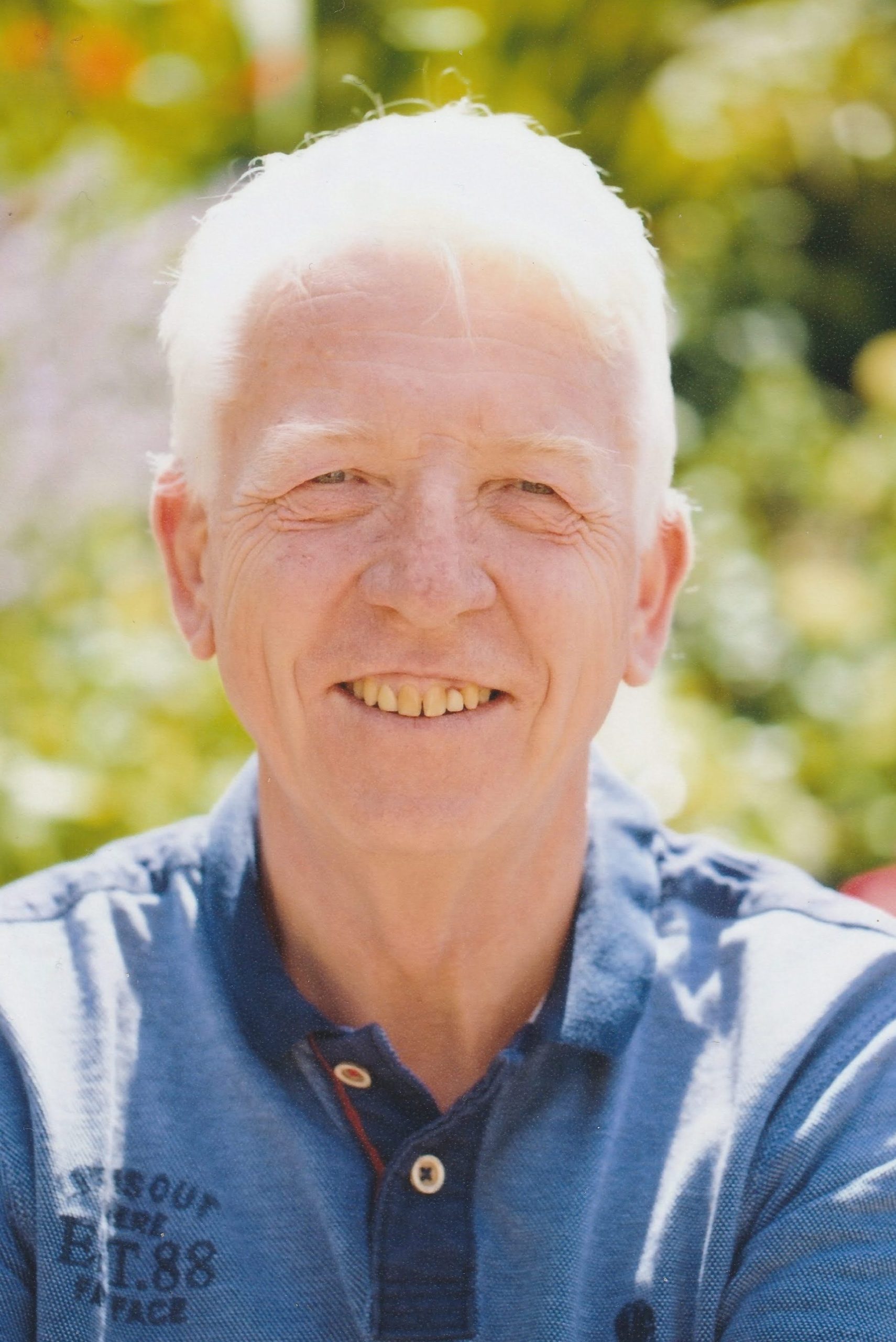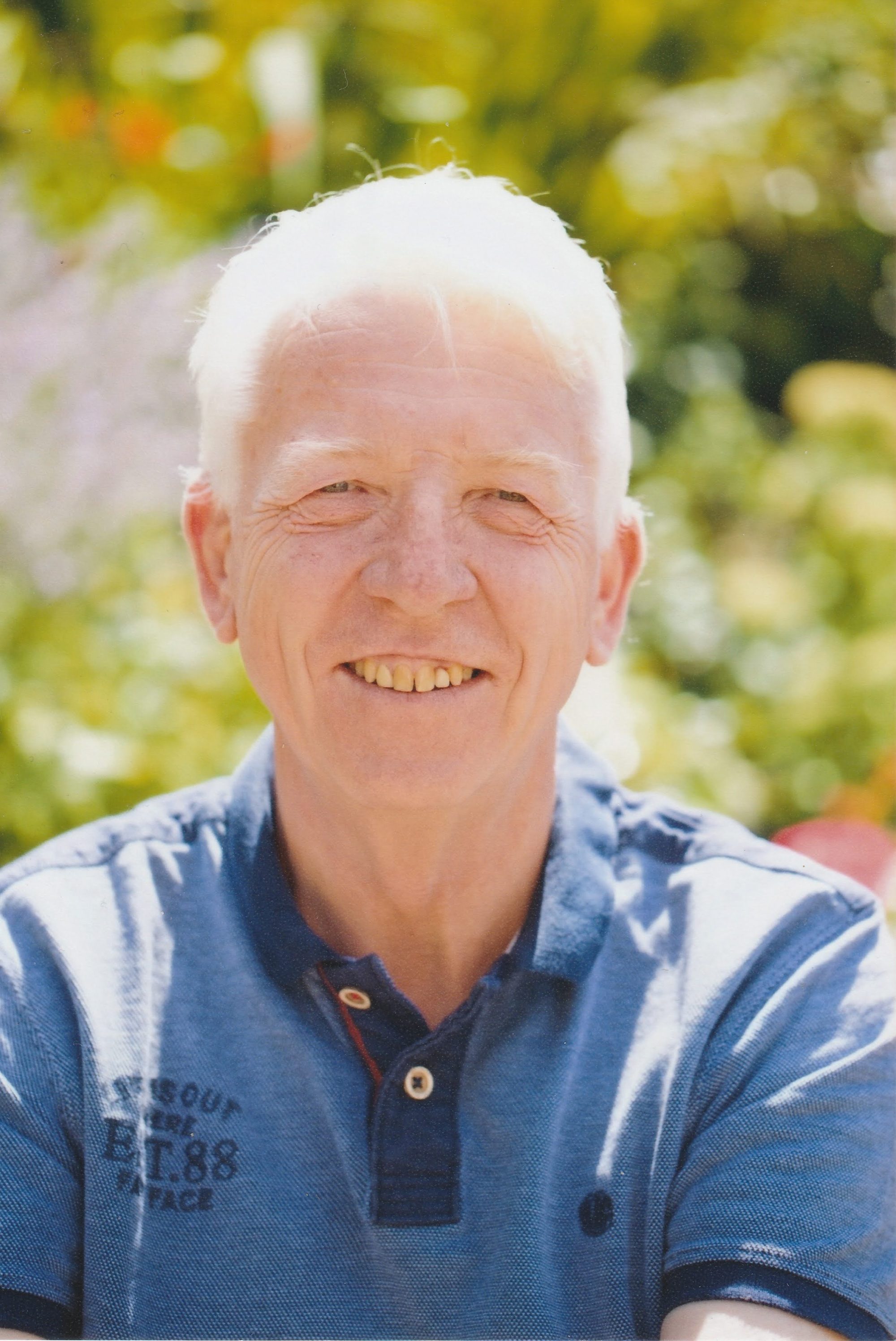
In the house where my father lived his last years, the walls still pulse with the rhythm of borrowed time. Looking back over the intersections of our lives now, I realise that love sometimes arrives wearing work boots and carrying a medical bag.
The cows knew this already.
When the surgeon split open my father’s chest that summer seven years past, when they reached inside and found his heart stammering like a frightened sparrow, it was a cow’s valve they chose to repair what human engineering could not. The symmetry was lost on no one—least of all the cattle who grazed in the meadow beyond his surgery, who had watched him deliver their calves in the purple hours before dawn, who had felt his hands tend their wounds and mend their split hooves.
“Your heart,” they had ruminated, “will beat with the wisdom of pastures.”
And it did. For seven glorious years, my father’s chest contained a small miracle of bovine architecture, a valve that opened and closed with the patience of creatures who understand that time moves differently in green spaces. The foxgloves he planted that spring seemed to know this too—their pink and purple bells chiming silently in the garden where he would sit. The digoxin that kept his healed heart steady, was a medicine drawn from those same flowers that nodded their approval in the breeze.
This is how the world works in places where the boundary between human and animal dissolves: with reciprocity as old as rain.
I remember the morning he fixed my bicycle chain when I was seven, his fingers black with grease, working with the same careful attention he gave to a cat’s torn ear or a dog’s infected paw. He spoke to the chain as if it were a living thing, coaxing it back onto its teeth with gentle pressure. When he finished, he looked up at me—really looked—and in that moment I saw something I was too young to name then but recognise now as love covered in grease and wearing its work clothes.
He never really said the words. Love, after my mother passed, lived in the space between silence and action.
It lived in the way he would fret over my safety when I accompanied him to the farms, or when he would take my temperature with the same precision he used to check a rabbit’s pulse. It lived in the way he taught me to hold an injured sparrow—firmly enough to keep it safe, gently enough to preserve its dignity.
“Everything that lives,” he told me once, “carries a spark of the same fire.” Except he said it, as he always did, without words in the reverence and respect he had for all the natural world.
Now I understand that his heart was always a community effort. The morning visits from his faithful Labrador, who seemed to know when his valve needed the company of another beating heart. The passerines who filled his garden, their songs a kind of cardiac therapy. The way the local farmers would greet him like a dear friend, because their livestock and their pets had all benefitted from his tender care.
The foxgloves in the garden have grown wild since his passing, their purple spires reaching toward a sky that seems to remember his presence. I’ve decided not to cut them back. They were his pharmacy and his congregation, these flowers that gave their poison to become his medicine, and they deserve their wildness.
Sitting in what was his garden I think of all the words left unsaid. I think of my inheritance: my mother’s optimism and my father’s stubbornness married in my hope. Healing from this is not about fixing what’s broken, but about making space for what wants to grow.
A cow lows in the distance—a sound like prayer, like recognition, like the earth itself exhaling. I place my hand on my chest and feel my own heart, this wild, inherited thing that carries his DNA, the bovine patience and the foxglove’s measured grace.
This is the story I was not able to read him when he was alive: that love is not declaration but demonstration, not words but the careful mending of small, broken things. That sometimes the heart that saves you belongs to another species entirely, and sometimes the father who never said “I love you” spent forty-seven years proving it with his hands.

